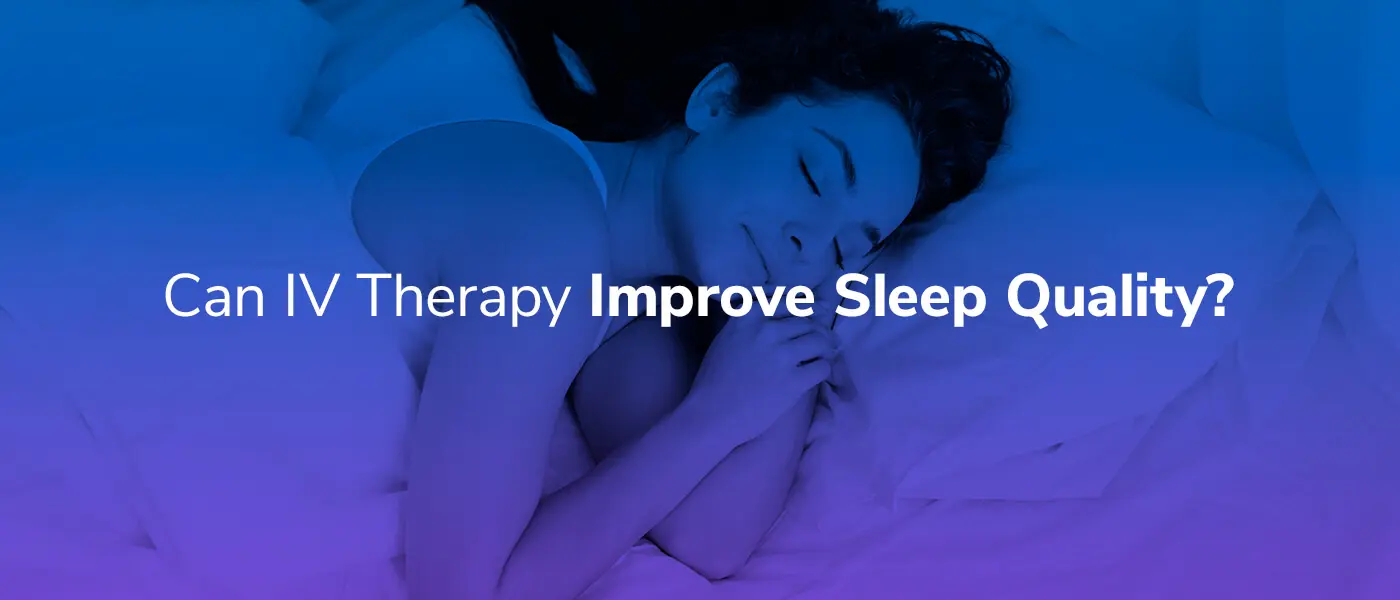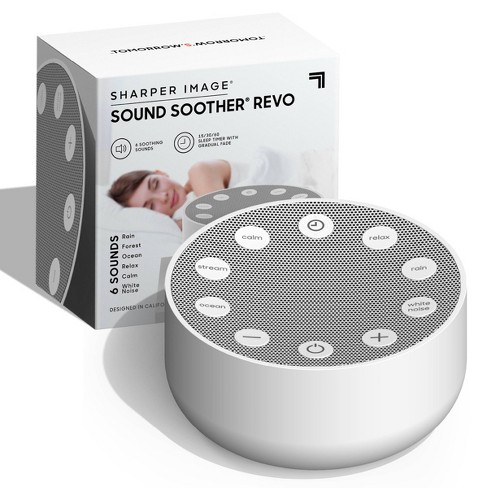Cognitive Behavioral Therapy for Insomnia (CBT-I) - Proven Methods
Cognitive Behavioral Therapy for Insomnia (CBT-I) - Proven Methods
Blog Article
Efficient Treatment Solutions for Managing Sleep Disorders and Enhancing Relaxing Sleep
In the realm of medical care, the monitoring of rest disorders and the quest for restful rest are crucial elements of overall well-being. Efficient therapy remedies use a diverse technique to deal with these difficulties, ranging from cognitive behavior interventions to holistic techniques that promote leisure and mindfulness. The exploration of different techniques, consisting of the assimilation of drug and light therapy, opens a realm of opportunities in the pursuit of far better sleep high quality. As we browse the elaborate landscape of rest disorders and seek to boost our sleep experience, a much deeper understanding of these therapy remedies might hold the key to unlocking a more refreshing and meeting restorative journey.
Cognitive Behavioral Treatment for Sleeplessness (CBT-I)
Cognitive Behavior Modification for Sleeplessness (CBT-I) is an organized, evidence-based therapy approach that concentrates on dealing with the hidden elements contributing to sleep disturbances. This type of therapy intends to modify behaviors and thoughts that intensify sleeplessness, inevitably promoting healthy rest patterns. CBT-I normally entails several essential parts, including cognitive treatment, sleep constraint, stimulus control, and rest health education.
Cognitive therapy assists people recognize and transform unfavorable thought patterns and ideas regarding sleep that might be hindering their capability to drop or remain asleep. Rest restriction entails restricting the quantity of time invested in bed to match the individual's real rest duration, consequently enhancing rest performance (insomnia counseling). Stimulus control techniques help develop a strong association in between the bed and rest by encouraging people to go to bed just when sleepy and to stay clear of taking part in promoting tasks in bed
In addition, sleep health education and learning concentrates on establishing healthy rest routines, such as preserving a constant sleep routine, producing a relaxing bedtime routine, and enhancing the sleep setting. By attending to these factors thoroughly, CBT-I provides a reliable non-pharmacological treatment for managing sleeplessness and boosting overall sleep quality.
Sleep Hygiene Practices
Having actually developed the structure of cognitive restructuring and behavior adjustments in addressing insomnia with Cognitive Behavioral Therapy for Sleep Problems (CBT-I), the focus currently moves towards discovering important Sleep Hygiene Practices for keeping ideal rest top quality and overall well-being.
Sleep health techniques incorporate a variety of practices and environmental aspects that can significantly impact one's capability to sleep and remain asleep throughout the evening. Consistent sleep and wake times, developing a relaxing bedtime regimen, and maximizing the rest environment by maintaining it dark, quiet, and cool are critical parts of excellent sleep health. Restricting direct exposure to screens prior to bedtime, preventing stimulants like high levels of caffeine near to going to bed, and involving in regular physical task during the day can additionally advertise much better rest top quality.
Moreover, exercising relaxation techniques such as deep breathing exercises or meditation prior to bed can help calm the mind and prepare the body for rest. By incorporating these sleep hygiene practices into one's everyday regimen, people can establish a healthy sleep pattern that supports restful rest and total well-being.
Leisure Techniques and Mindfulness
Carrying out relaxation strategies and mindfulness practices can play an essential duty in fostering a sense of tranquility and promoting quality rest. Furthermore, directed images can aid transfer individuals to a peaceful location in their minds, helping in tension reduction and boosting rest top quality.
By including these practices right into a bedtime routine, people can signify to their bodies that it is time to prepare and take a break for rest. On the whole, incorporating relaxation techniques and mindfulness practices can dramatically add to managing sleep disorders and boosting total rest top quality.

Medicine Options for Rest Disorders
After checking out leisure methods and mindfulness practices as non-pharmacological interventions for enhancing sleep high quality, it is important to consider medication choices for individuals with sleep conditions. In cases where way of life adjustments and treatment do not supply enough relief, medicine can be a beneficial device in managing sleep disruptions.
Generally recommended medications for sleep disorders consist of benzodiazepines, non-benzodiazepine hypnotics, antidepressants, and melatonin receptor agonists. Antidepressants, such as trazodone, can be valuable for individuals with co-occurring depression anxiety and sleepiness and rest disturbances - sleep deprivation help.
It is vital for individuals to seek advice from a health care company to determine one of the most proper medication alternative based on their details rest disorder and case history.
Light Therapy for Body Clock Regulation
Light therapy, likewise referred to as photo-therapy, is a non-invasive treatment technique used to regulate circadian rhythms and boost sleep-wake cycles. This treatment involves direct exposure to brilliant light that simulates all-natural sunlight, which assists to reset the body's interior clock. By revealing individuals to particular wavelengths of light, usually in the morning or evening depending on the wanted result, light therapy can properly change the body clock to advertise wakefulness throughout the day and boost peaceful rest at evening.
Research has actually revealed that light therapy can be especially useful for people with body clock disorders, such as postponed rest stage disorder or jet lag. It can also be valuable for those experiencing seasonal depression (SAD), a kind of depression that normally takes place throughout the cold weather when natural light direct exposure is minimized. Light treatment is usually well-tolerated and can be used along with various other therapy techniques for rest disorders to enhance end results and improve general rest quality.
Conclusion
In conclusion, effective therapy solutions for managing sleep disorders and boosting relaxed rest include Cognitive Behavioral Therapy for Sleeplessness (CBT-I), sleep hygiene practices, relaxation techniques and mindfulness, medicine options, and light treatment for circadian rhythm regulation. These methods can aid individuals improve their sleep quality and overall well-being. It is important to talk to a doctor to figure out the most suitable strategy for resolving sleep concerns.
As we browse the elaborate landscape of rest disorders and look for to enhance our rest experience, a much deeper understanding of these therapy solutions might hold the trick to unlocking a more relaxing and fulfilling corrective trip.
Sleep limitation entails restricting the amount of time invested in bed to match the person's real sleep duration, consequently raising rest effectiveness. Constant sleep and wake times, creating a relaxing bedtime routine, and optimizing the rest atmosphere check this site out by maintaining it dark, peaceful, and cool are crucial parts of great sleep health. Light treatment is normally well-tolerated and can be utilized in conjunction with various other treatment approaches for sleep disorders to enhance end results and enhance total sleep quality.

Report this page